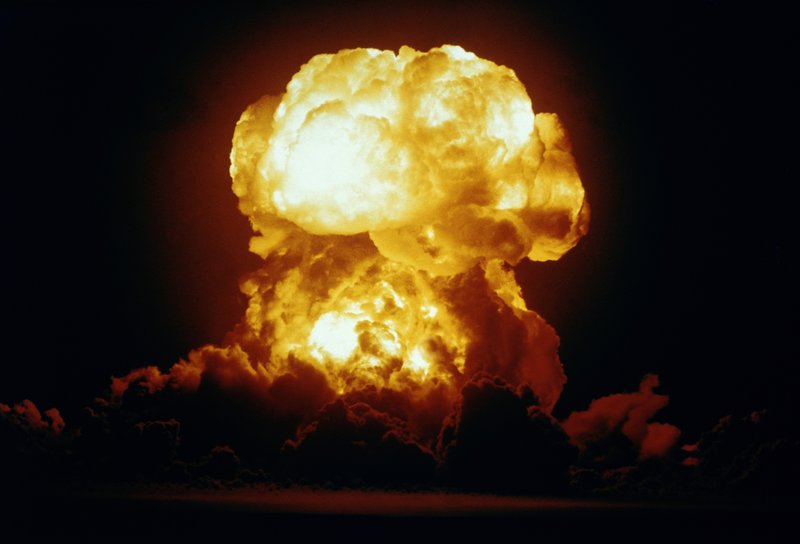Launching the Future Security Scenarios Lab: Meeting Today’s RAND Moment
Blog Post

FPG via Getty Images
June 4, 2025
In the wake of World War II, the United States faced a radically changed security environment—one defined by nuclear weapons, long-range bombers, and geopolitical ambiguity. To help decision-makers navigate this new landscape, the RAND Corporation was founded in 1946 under the auspices of the U.S. Army Air Forces. Before RAND, security policy and military strategy were primarily shaped by senior military leaders, civilian officials, and government planning offices, drawing on operational experience and historical precedent rather than analytical frameworks. Spurred by the unprecedented challenges of the nuclear age, the creation of RAND marked a pivotal shift in how military strategy was approached. It brought together the nation’s top physicists, economists, political scientists, and game theorists—not just to analyze military problems, but to rethink how strategy itself was conceived. The field of security studies as we know it was born.
Today, we are experiencing another RAND moment.
Once again, our tools are ill-matched to the complexity of the world we face. Artificial intelligence, autonomous systems, cyber operations, and climate disruptions are rapidly reshaping the strategic landscape, often unpredictably. Old assumptions are eroding, while new threats emerge with ambiguity. Linear thinking won’t get us through.
That’s why we’re launching the Future Security Scenarios Lab at New America.
This new initiative is grounded in the belief that strategic imagination is a national security asset. Our mission is to help policymakers anticipate emerging threats, challenge deep-seated assumptions, and navigate uncertainty through methods such as forecasting, wargaming, and scenario planning. Like RAND in its early days, we seek to forge a multidisciplinary, forward-looking approach to complex security challenges—one that is grounded in hands-on exploration and strategic imagination.
The lab will focus on several interrelated questions:
- How might technologies like AI reshape strategic stability, deterrence, and arms control?
- Why are policymakers often resistant to credible warnings of catastrophic risk?
- What strategic narratives, biases, and mental models shape how the future is understood—and which futures remain unimagined?
- We don’t aim to predict the future. Instead, we hope to better prepare for a range of plausible futures, including the disruptive, the disorienting, and even the unlikely. We will bring together thinkers across disciplines, geographies, and institutions to explore risk in new ways—and to pressure-test the systems and stories we rely on to make sense of the world.
This work is deeply pragmatic. Today’s challenges—whether in nuclear security, great power rivalry, or bio weapons and cyber warfare—don’t just demand new tools. They require new ways of thinking about tools.
At a moment when global systems are strained, the Future Security Scenarios Lab offers a place to experiment with ideas, test assumptions, and help decision-makers see around corners. If RAND emerged to help us navigate the logic of nuclear deterrence, we hope to play a similar role for an age defined by fragility, interdependence, and technological transformation.
We’re just getting started. Over the coming months, we’ll launch pilot projects, convene scenario workshops, and publish insights that challenge conventional wisdom and advance better futures.
In an age of accelerating uncertainty, we believe the antidote is not simplification, but strategic imagination, grounded in rigorous analysis of complex systems.
We hope you’ll join us.